Search
Did you mean: Raphael?
Search Results
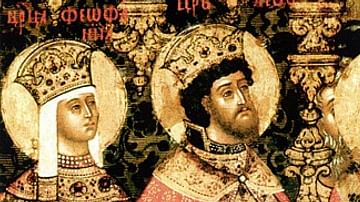
Definition
Leo VI
Leo VI was emperor of the Byzantine empire from 886-912 CE. He was the second emperor of the Macedonian dynasty and is sometimes known as “Leo the Wise” in reference to his prolific literary output which ranged from orations to law codes...
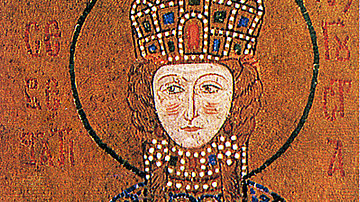
Article
Women in the Byzantine Empire
Women in the Byzantine Empire (4th to 15th century CE) were, amongst the upper classes, largely expected to supervise the family home and raise children while those who had to work for a living did so in most of the industries of the period...

Definition
Mont-Saint-Michel
Mont-Saint-Michel is the name of a tidal island located off the coasts of Normandy and Brittany, near the mouths of the Couesnon River and the town of Avranches in France. While the island of Mont-Saint-Michel has held cultural, religious...

Video
Why did Britain lose Hanover? (Short Animated Documentary)
As you'll have noticed, the United Kingdom doesn't include Hanover. However, from 1714 to 1837 both were ruled by the same monarchs and unlike Scotland and England prior to this, the two never unified and in fact they soon went their own...
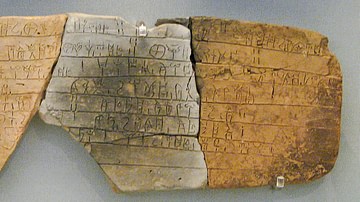
Definition
Linear B Script
Linear B script was the writing system of the Mycenaean civilization of the Bronze Age Mediterranean. The syllabic script was used to write Mycenaean Greek from c. 1500 to c. 1200 BCE. It was deciphered by Michael Ventris in 1952, and so...
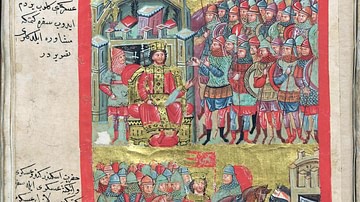
Definition
Empire of Trebizond
The Empire of Trebizond was an offshoot of the Byzantine Empire that existed from 1204 to 1461 CE, ruled by the Megas Komnenos Dynasty, descendants of the Komnenos Byzantine emperors. The Empire of Trebizond has been far less researched than...
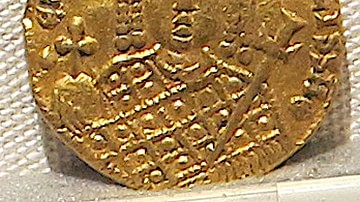
Definition
Empress Irene
Empress Irene was the wife of Leo IV and, on her husband's death, she reigned as regent for her son Constantine VI from 780 to 790 CE. From 797 to 802 CE she ruled as emperor in her own right, the first woman to do so in Byzantine history...
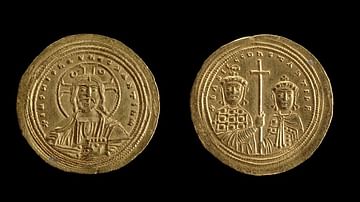
Definition
Byzantine Coinage
The coinage of the Byzantine Empire continued that of its more ancient predecessors and functioned as a convenient method of payment for goods and services, especially to soldiers and officials, and as a means for people to pay their taxes...
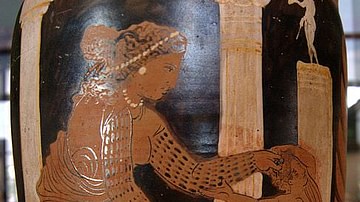
Definition
Medea (Play)
The tragedy Medea was written in 431 BCE by Euripides (c. 484 – 407 BCE). Euripides authored at least 90 plays of which 19 have survived intact. As with the plays by Sophocles and Aeschylus, the audience was already well aware of the myth...
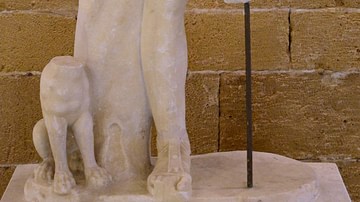
Definition
Britomartis
Britomartis, also known as Diktynna (Dictynna), was the Cretan goddess of hunting and fishing nets in Greek mythology. Although referred to as a nymph and worshipped locally, she had at least two significant and active shrines, one in Crete...